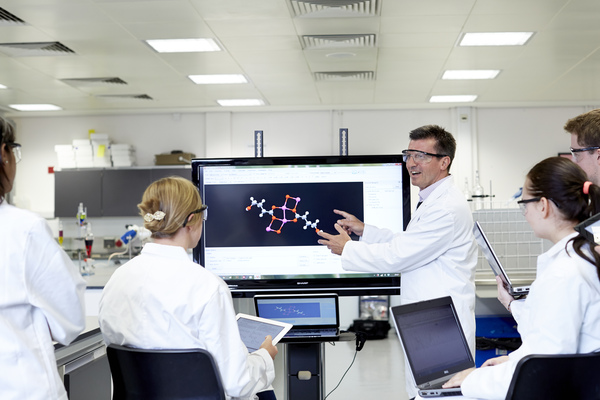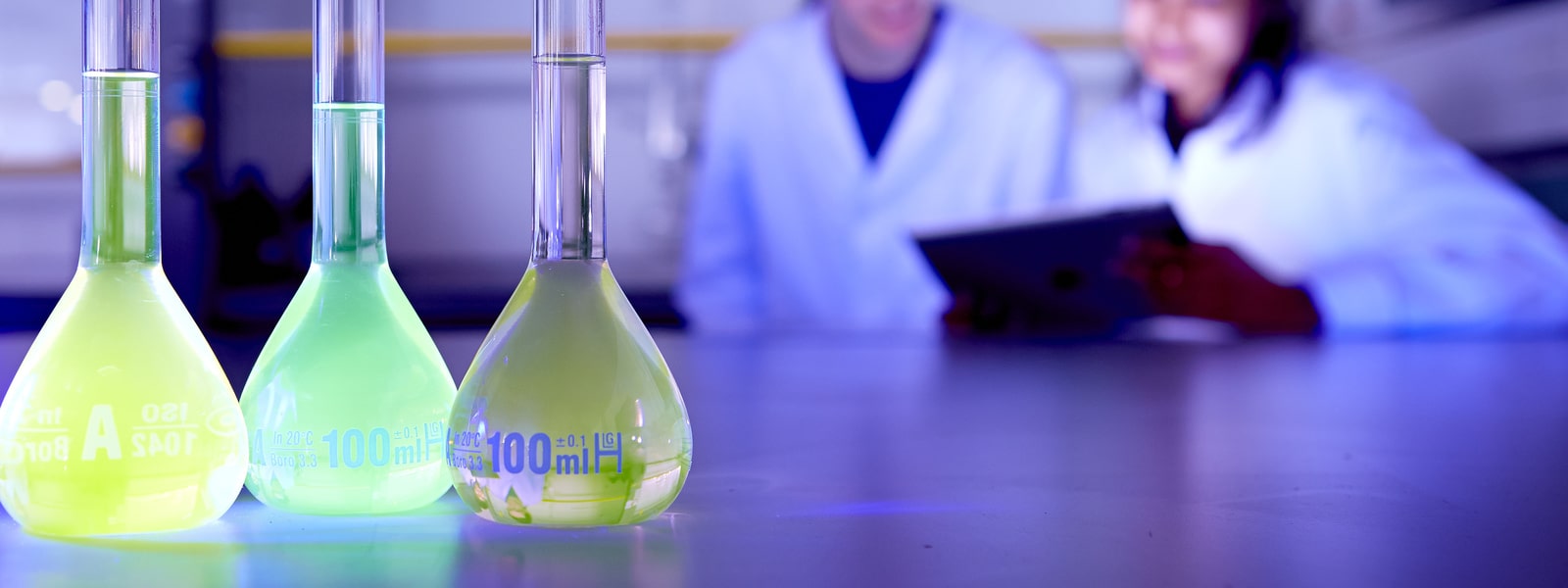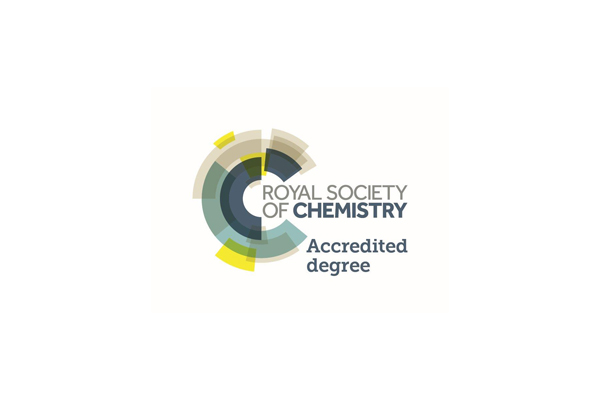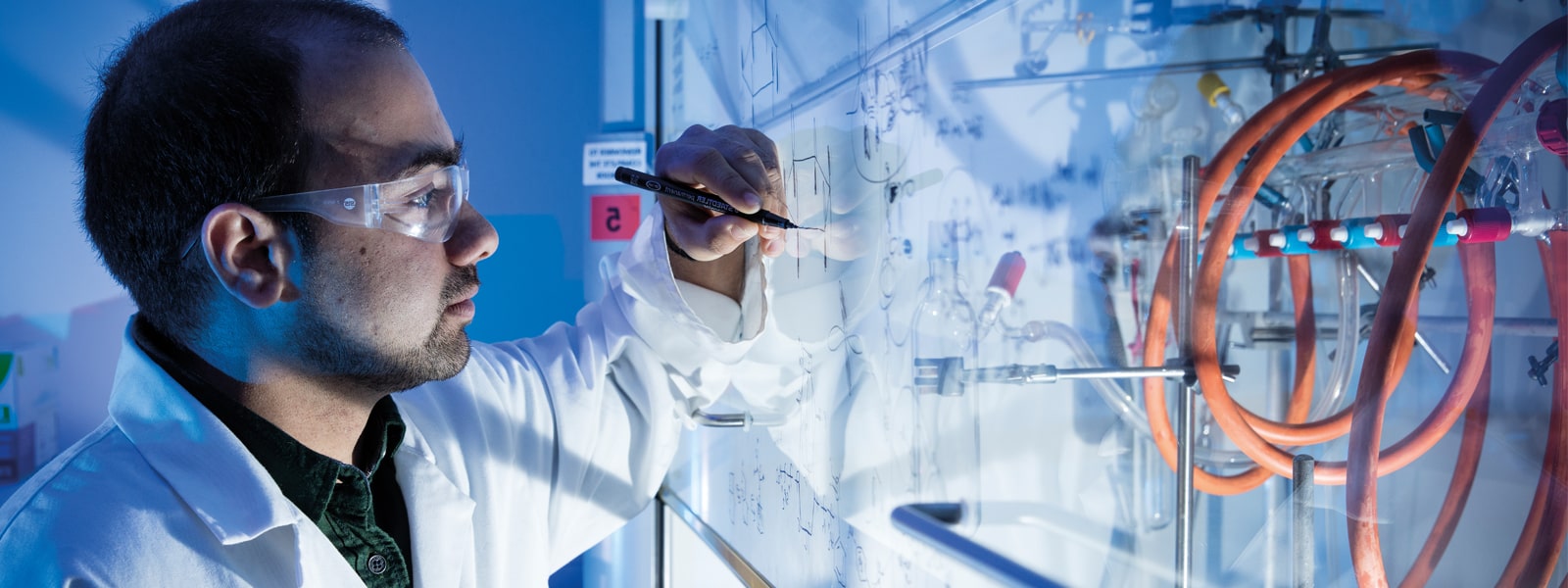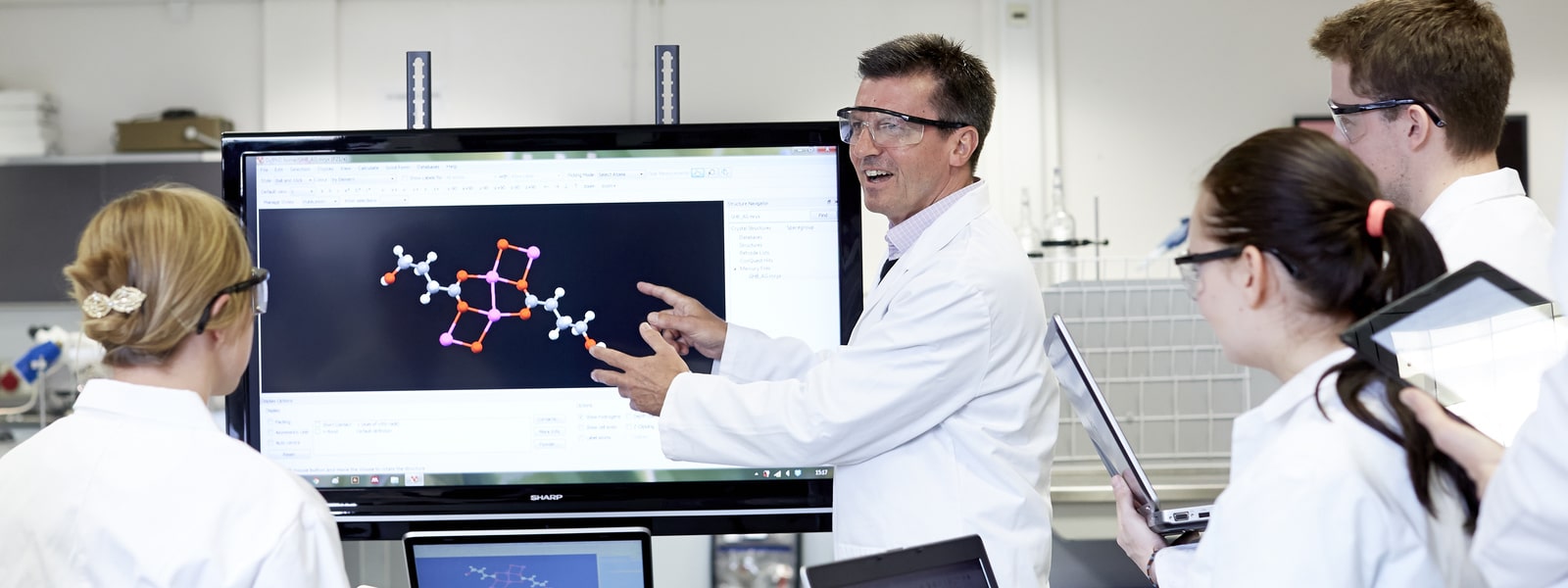Module Overview
This module builds on the Crime Scene Investigation module and focuses on the application of advanced techniques for the detection, recovery, analysis and interpretation of a wide range of evidence found at a crime scene. Students can further develop their understanding of the role and responsibilities of the crime scene manager and the investigation of complex crime scenes, including key specialists and agencies to be involved. Within this context students will look at the need to follow ISO accredited procedures and the latest up to date working practices within crime scene investigation. As part of the module students are expected to undertake the examination of a complex crime scene.
Module Overview
This module aims to provide a breadth core understanding of the physicochemical principles behind some of the main analytical techniques and how these can be applied to identify atomic and molecular structures in both inorganic and organic chemistry. It also offers an insight on advanced synthetic methods and how these techniques can be used to explain and interpret structure and reactivity of complex molecules, such as coordination and organometallic compounds.
Module Overview
This module aims to further develop core chemistry concepts relating to chemical change. Electrochemistry is used to study thermodynamic properties of redox reactions as well as the kinetics of electrode processes. The kinetics of complex reactions builds upon the chemical kinetics material covered at level one. Bonding between metals and carbon is explored and further developed as the main group organometallics.
Module Overview
This module is designed to develop an understanding of the importance of marks and trace materials, such as hair, fibres, glass, footwear and latent fingermarks, as evidence, their detection, recovery, analysis and the interpretation of results gained from these. The issues of transfer and persistence of such materials is also highlighted and the need to consider this throughout the above processes. Students will have the opportunity to be introduced to microscopy and analytical procedures and techniques relevant to the analysis of marks and traces evidence.
Module Overview
This module aims to provide students with the practical experience associated with the topics delivered in Core Chemistry 2.1, with a strong focus on organic chemistry.
The module will outline essential complex organic chemistry concepts with a series of laboratory activities designed around multistep syntheses and reinforced by the use of relevant analytical techniques and tools throughout a range experiments.
Module Overview
This module aims to provide students with the practical experience associated with the topics delivered in Core Chemistry 2.2, with a strong focus on inorganic and physical chemistry.
The module is constituted of a series of laboratory activities designed to familiarise students with an array of techniques centred around key aspects of inorganic syntheses. Specifically, the module emphasizes stability and speciation methods and their applications to the inorganic chemistry field. All aspects of the module will be supported by associated relevant analytical technologies.
Module Overview
This module aims to provide students with an appreciation of regulation and quality assurance in forensic science and the role of the Forensic Science Regulator in this – key concepts in modern forensic science. Students will apply the method validation tools from previous modules to evaluate forensic data within a quality context. Students will also develop skills in the retrieval, critical review and communication of scientific literature and other published work.
Module Overview
The option to study overseas is a valuable educational opportunity for our students. Provision of this option supports the educational aims of the Chemistry programmes and enhances the distinctiveness of its degrees at Lincoln. The experience is intended to:
- enable students to benefit from studying within a cross cultural environment;
- expose students to a wider academic and cultural experience;
- enhance their future employment opportunities;
- by increasing their cultural and professional mobility.
This module is optional for students within the School. Study Abroad
is a module which enables students to spend a year studying abroad at one of the University’s approved partner institutions.
Eligible students must have completed their third year of study to a satisfactory standard and successfully completed the application process for the year abroad.
During the time spent abroad, students will complete the professional development portfolio and will critically reflect upon their experience of living and studying in a different cultural environment and the skills acquired.
